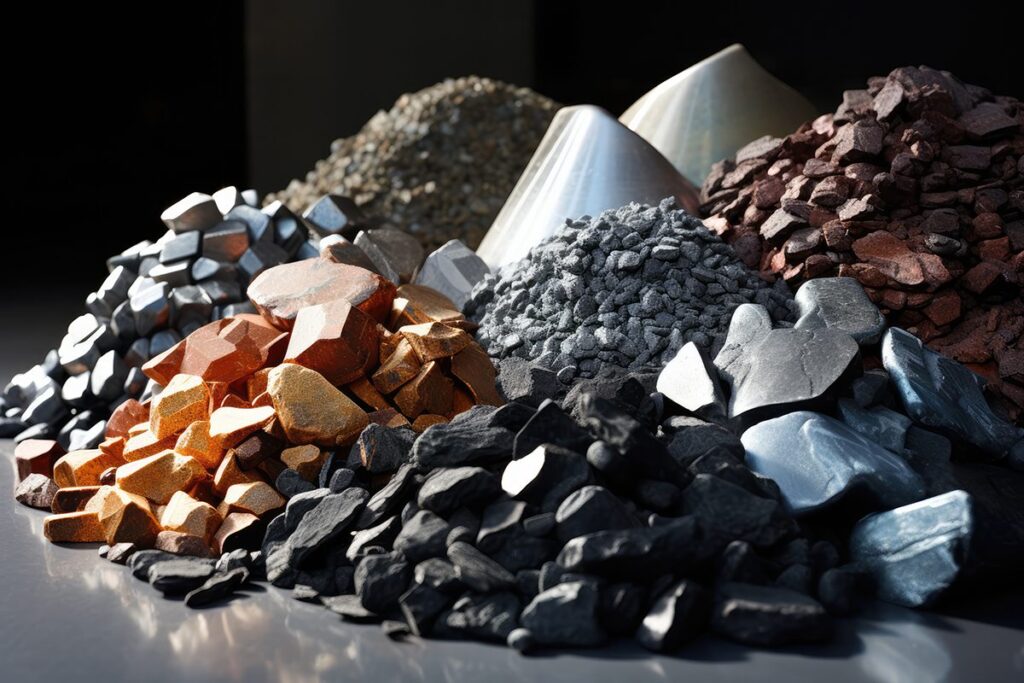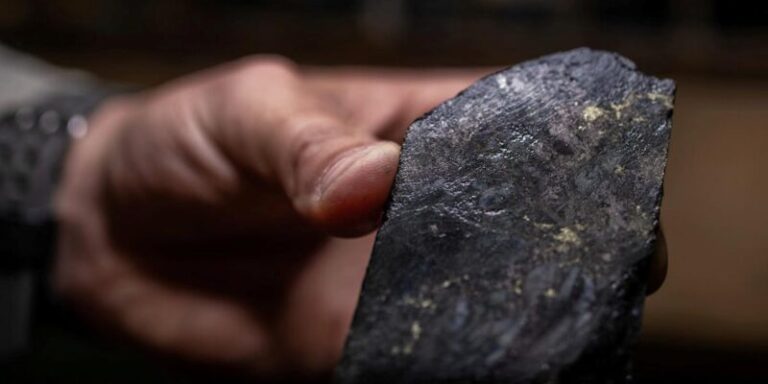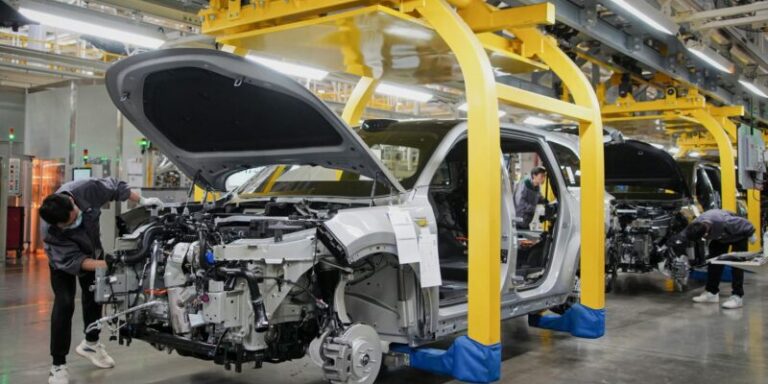
Sub-Saharan Africa could produce almost $2 trillion of metals required for the energy transition by 2050, according to the International Monetary Fund.
Global revenue from mining copper, cobalt, lithium and nickel could reach $16 trillion in current dollar terms over the next quarter century under a demand scenario estimated by the International Energy Agency, the IMF said in a paper on Friday.
Output from sub-Saharan Africa will account for about 12% of that total, according to the report.
As demand for the minerals used in electric vehicles and renewable energy equipment is expected to soar, the Democratic Republic of Congo already produces more than 75% of the world’s cobalt and is the second-largest source of copper.
Countries including Zimbabwe, Ghana and Mali plan to become significant producers of lithium.
The “boom bodes well for sub-Saharan Africa,” the IMF said, noting that the region will benefit more by investing in domestic processing capacity.
However, the report also warned that fast-paced technological changes, especially in EV batteries, “could render certain minerals obsolete.”
Sub-Saharan Africa’s share of revenue from fossil fuel sales will be $625 billion over the same period, according to the IMF.





